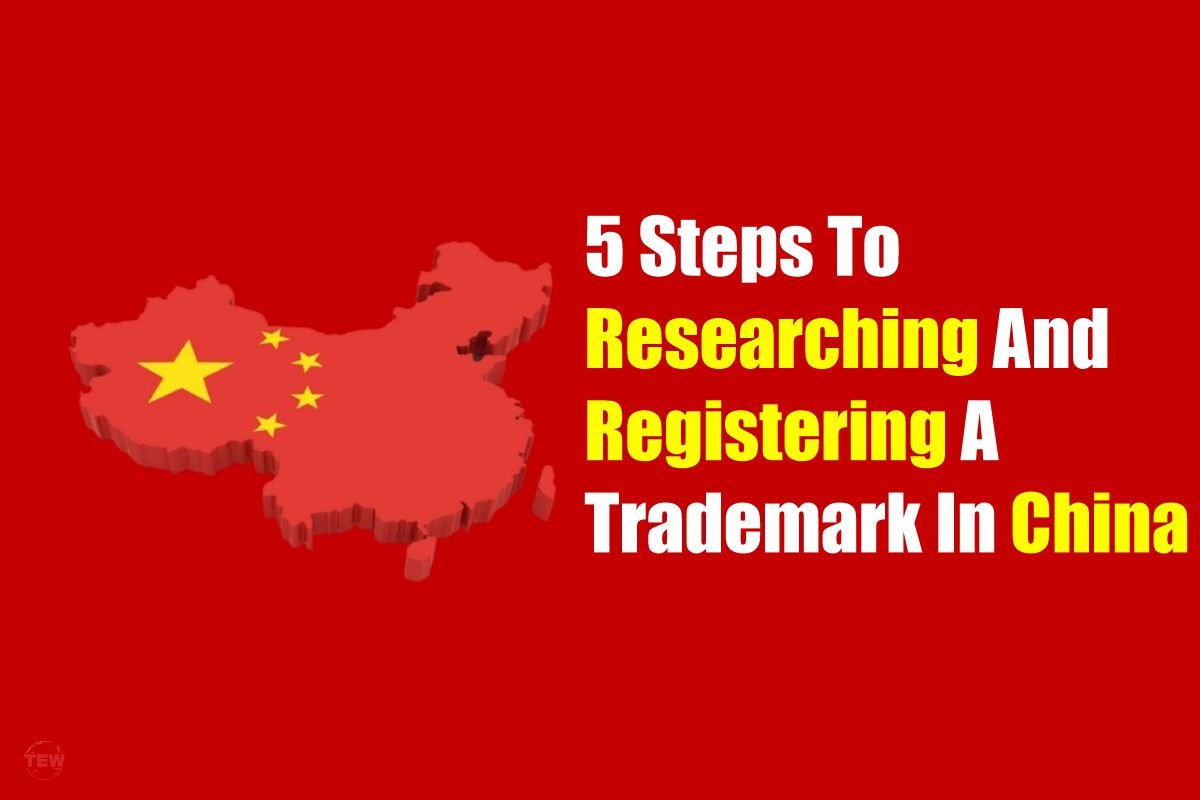The process of registration of trademark in China follows a first-to-file system. This means the person who registers the trademark the earliest will be entitled to all the intellectual property (IP) rights to the trademark as well as to all the rights to distribute and sell the product represented by the registered trademark. This is why registering your trademark should be your top priority in China if you’re planning to sell and distribute your products there.
There’s some information available online about how to register your trademark, as well as the processes, steps, waiting period, and fees involved. You can gather a lot of information and learn about the procedure yourself. But prior to registering a trademark in China, researching its availability with the help of an intellectual property attorney is generally recommended.
If you want to understand how to register your Trademark in China, here’s an outline of the process:
1. Conduct A Comprehensive Search
It’s highly important that you register your trademark in China before you start selling there even if you don’t plan to set up a physical shop for local selling operations. Many companies who export to China overlook this, which is crucial to protect their IP trademark rights to their business and products.
Many e-commerce business websites in China require exporters and sellers to submit copies of their trademark certificates. They don’t just ask for an overseas trademark but also your registration in China. They won’t let you sell if you can’t show your trademark certificates of registration. It’d be highly advisable for you to consult an IP trademark lawyer to avoid the pitfalls of having your trademark infringed by unscrupulous vendors.
The first step in trademark registration is to conduct a comprehensive search. You must do an advanced search and get clearance for your proposed trademark. You have to make sure that other people haven’t yet registered what you have in mind. Ask an experienced intellectual property lawyer or agency in China to do the search for you.
2. Check Whether Your Trademark Can Be Registered
China’s IP trademark law sets a limitation on what can be registered as an IP trademark in the country. Their law states that to enjoy protection as an IP trademark in China, the claimed trademark must fall within the scope of all distinctive and graphically representable signs. This includes words, three-dimensional forms, sounds, and any combination of the following elements or characters:
- letters
- numerals
- signs
- acronyms
- names
- devices
- combinations of colors
However, you won’t be allowed to register retail and wholesale services, except those falling under veterinary, pharmaceutical, sanitary preparations, and medical supplies. When you apply for trademark registration for these goods or services, your application will be denied by the Trademark Office of China. You should conduct a search whether your claimed trademark has already been registered by another person or whether an application was already lodged by another person and is being processed.
3. Prepare Your Application Requirements And Documents
To be able to register your trademark in China, you’ll be required to present or submit the following information:
- The personality of the applicant, whether you’re an individual or a company
- The complete name of the person or company who claims to be the owner of the IP trademark to the product
- Full business or residence address of the owner or the registration agent if it’s being done by a local IP trademark agent or IP lawyer
- Office telephone number of the registration agent or the IP trademark owner
- Your complete mailing address where they can send the Certificate of Registration once it’s been approved and cleared for release
- The list of goods or services which would be using the trademark
- The class under which you desire your IP trademark to be registered
- Copies of the Certificate of Incorporation of your company or a copy of your valid identification card
- Power of Attorney signed by the IP trademark owner if the application for registration is being lodged by an agent
4. Fill Out The Proposed Trademark Application
The regular and straightforward process for trademark registration in China usually takes anywhere between 12 to 15 months. Most intellectual property (IP) lawyers and agents are able to apply for trademark registration within a few days from the time you give them the completed application with all the requirements and supporting documents.
When your application is filed with the requirements, the trademark office will do a formality check. The formal examination will usually take around four (4) months. After the formality check has been done and the trademark office deems that all your papers and supporting documents are in order, they’ll issue a filing receipt. This is your proof that an application for registration of your claimed trademark has been lodged with the trademark office.
5. Wait For A Thorough Examination Process And Publication
The trademark office would then conduct a substantive examination on the absolute grounds and relative grounds, which you claimed in your application for trademark registration. The substantive examination will usually take around nine (9) months.
After the trademark office conducts a substantive examination of your application for trademark registration, your application as well as the proposed and claimed trademark would then be published in the Official Gazette. The purpose of the publication is to give notice and opportunity to any person who has an adverse claim to the trademark and lodge their opposition to the registration with the trademark office. This usually takes around three (3) months.
Finally, once all of these are done, your trademark will be tabled for approval of registration. This usually takes around two (2) months.
Register Your Trademark in China
Even if you’re not planning to set up a local physical shop or office premises in China, it’s still advisable for you to apply with the trademark office to register your IP trademarks. China is a huge marketplace. Whether you sell online through e-commerce sites or conventional networks of brick-and-mortar stores, you should protect your IP trademark rights. Consider the ideas mentioned here as you plan and prepare.





